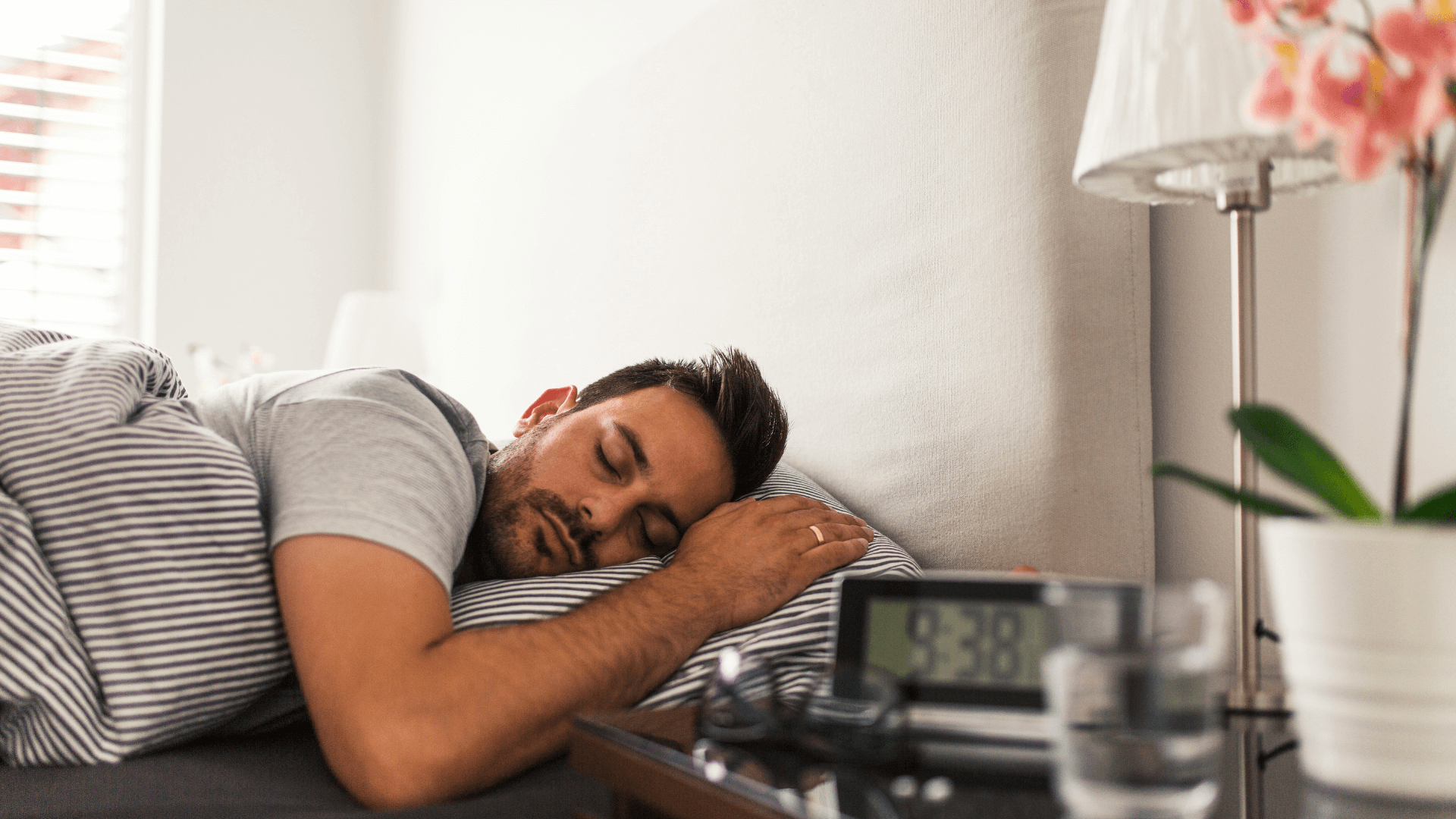Sleep is a mysterious and elusive entity. Most people need anywhere from 7-9 hours of sleep each night to function optimally, yet many suffer from restless nights and insufficient rest. As a result, we waste a great deal of time and energy during the day.
It plays a vital role in just about every human process, from performance and mental focus to physical and mental health, and sleep’s becoming more and more important as technology advances. Our phones, emails, and text messages can wake us up in the middle of the night, and this lack of shut-eye can cause us to crash and burn throughout the day.
When there is too much to do in a day, it can sometimes seem impossible to get 8 hours of sleep. However, getting enough sleep is vital for overall health. Lack of it can lead to fatigue, weight loss, and illness. Sometimes, a full night’s rest is still impossible, no matter how tired you are.
The adverse effects continue over the course of a couple of weeks, and before you know it, you’re exhausted, irritable, and uninterested in anything. However, there is hope as there are plenty of ways you can improve, manage, and maximize your sleep. One of the most effective ones includes the use of certain strains of cannabis such as this fat bastard strain, which is known to be helpful in reducing anxiety and helping to promote restful sleep. There are more such ways and we are going to explore them further:
Here are some helpful tips that can let you keep an 8-hour sleep amidst the busy schedules that we all lead in life:
Ensuring a sufficient amount of sleep amid hectic schedules encompasses various strategies. One approach is to consider reducing or eliminating coffee consumption, given its potential to interfere with sleep patterns. Another avenue worth exploring is the use of cannabis products, accessible from a cannabis dispensary emeryville or a similar facility elsewhere. Known for their sleep-inducing properties, cannabis can contribute to a more restful night of sleep. Additionally, incorporating magnesium into your routine can contribute to better sleep quality. Further information on these sleep-enhancing methods is available below for a more in-depth understanding. Delving into these options can offer a comprehensive guide to achieving the required amount of rest amidst life’s demands.
- Did you know that caffeine is a stimulant? That means it keeps you awake and alert, as opposed to a depressant like alcohol, which leaves you asleep. We all enjoy a cup of tea or coffee to unwind, right? We all also know that caffeine is a stimulant and can cause energy and creativity spikes. If coffee is the lifeblood of your working day, maybe it’s about time you tried to give up the java for a restful night’s sleep. And according to some research, giving up coffee after 2 pm could be just the thing you need.
- You made it home from work and found yourself unwinding by putting on a soft pair of pyjamas, maybe watching some Netflix. But do you actually know if this helps you fall asleep faster, stay asleep longer, or both? You may just be surprised. It turns out that the pyjamas you wear to bed are more important than you may have realized. In a landmark study published in 2013, researchers from the Polytechnic University of Turin in Italy found that people wearing pyjamas to bed recalled less of those events, like strange noises than those wearing regular clothes. They remembered 30 per cent fewer! The takeaway is clear: those comfy flannel pyjamas that you bought many years ago might actually be keeping your brain awake and keeping you awake.
- If you’ve had a long day and need a quick pick-me-up, you need to try a “spa night.” This term refers to making a point to spend one evening a week or month-whenever you can in front of the T.V. with a good book or movie, enjoying a hot bath, and moisturizing your skin before bed. This will help you relax, but your skin will look and feel great-which will, in turn, help you get the eight hours of sleep you need every night.
- The body takes longer to fall asleep when your mind is not at ease. You may notice that getting a shut eye is particularly difficult on days when you are riddled with overwhelming thoughts about your job or any other topics related to your life. This is when you would need to calm your mind and relax your body. CBD products can be of help here as CBD is believed to have anxiolytic and relaxing properties, which can effectively reduce anxiety and promote a sense of calmness. Consult with your healthcare provider to find which CBD product could suit you best. Once you have got them prescribed, you can look up “closest dispensary to me” and purchase a few.
- Modern technology causes us to lose our cool. Whether it’s social media, texts, work emails, or games, it’s nearly impossible to put it down once you are hooked on something. Don’t get me wrong, technology is great. It even allows us to get work done remotely, enabling us to work when and where it is convenient for us. However, a recent study by the University of Quebec and the Université de Montréal found that smartphone use before bed can interfere with sleep. The study, published in the Journal of Clinical Sleep Medicine, found that participants who used their smartphones before bed experienced poor sleep quality – they reported feeling more tired, restless, and less mentally sharp than those who did not. Texting, calls, browsing the web, social media, email-it’s so easy to have our phones by our beds at night, and that habit affects our sleep. The blue light from electronics can interfere with our sleep, keeping us awake longer. Instead of looking through social media, try reading a book before you go to bed.
- Magnesium is an element found naturally in foods, but many don’t get enough. This is unfortunate because magnesium plays many important roles in your health. It helps your heart and lungs beat more efficiently, keeps your muscles strong, improves nerve and muscle function, and boosts energy. Magnesium also plays a vital role in sleep-it helps your muscles relax and keeps your heart steady. So, if you want to sleep through the night and wake up feeling bright-eyed and bushy-tailed, you should take magnesium supplements.

